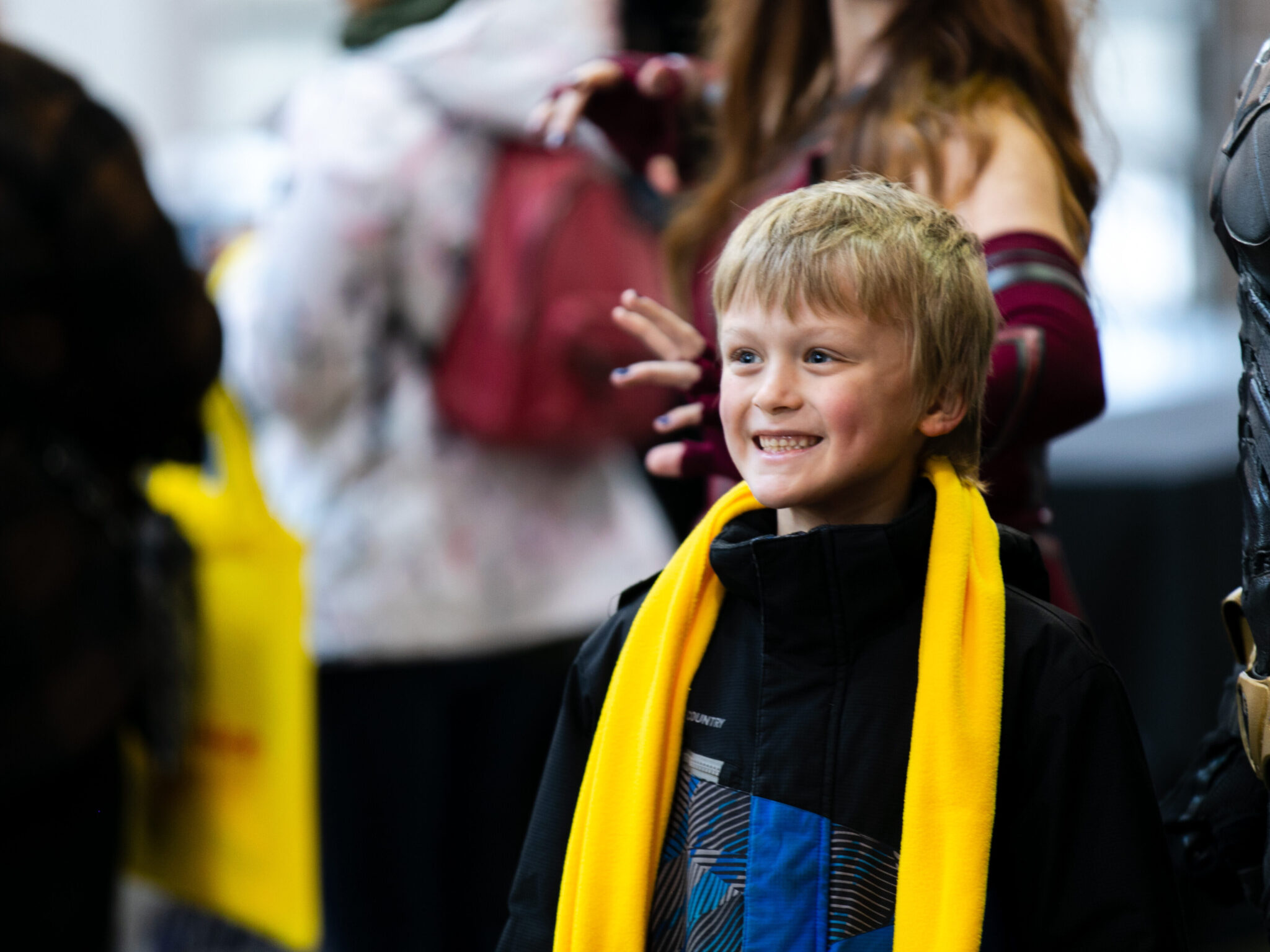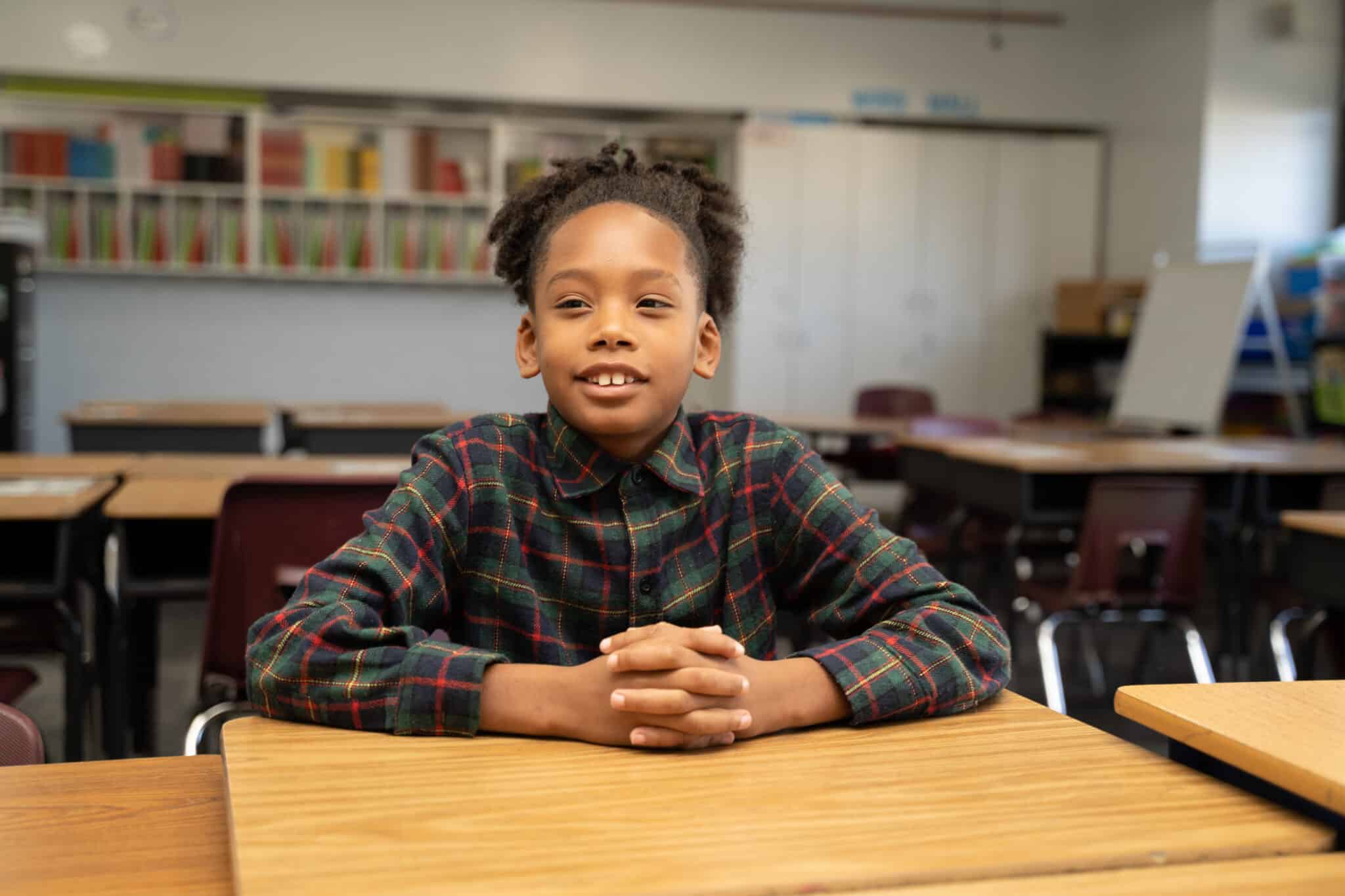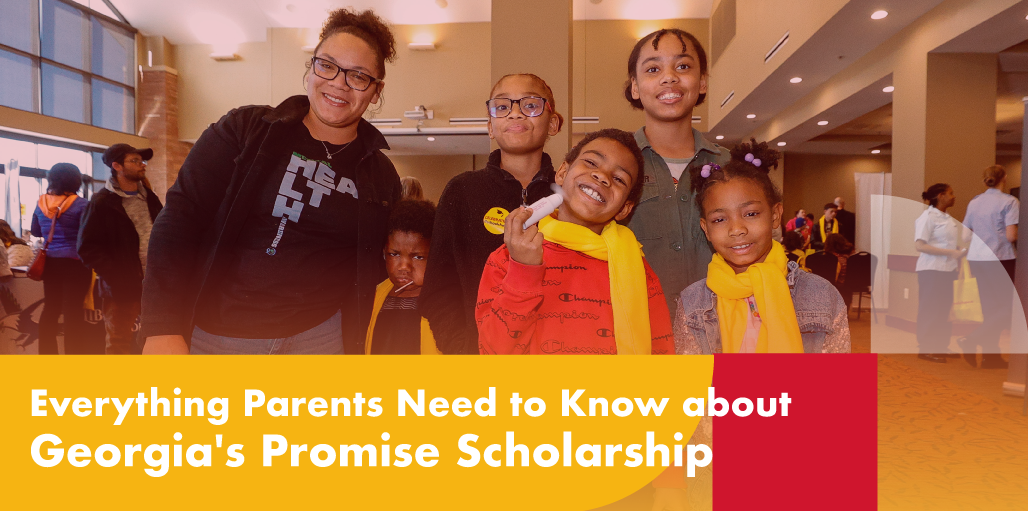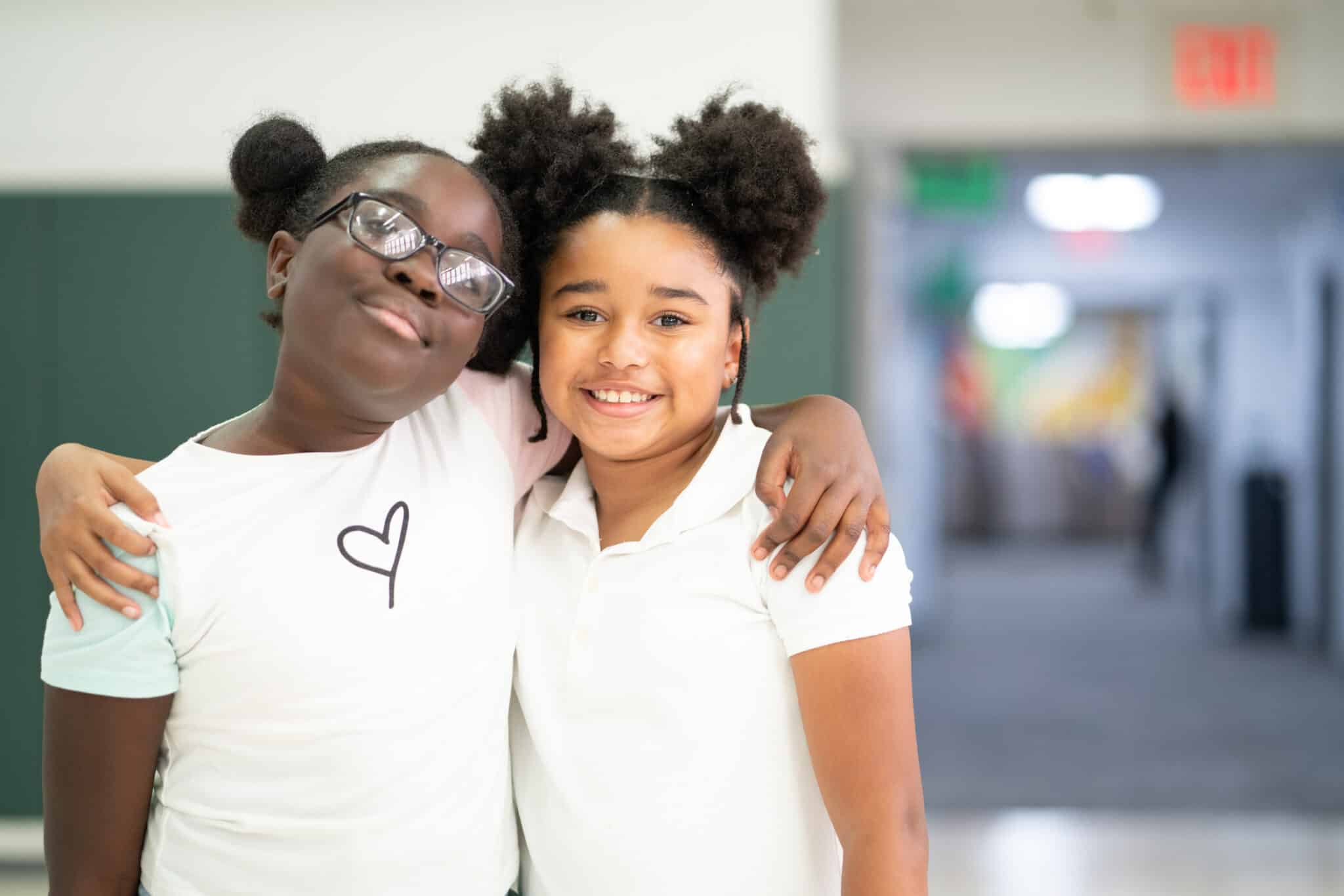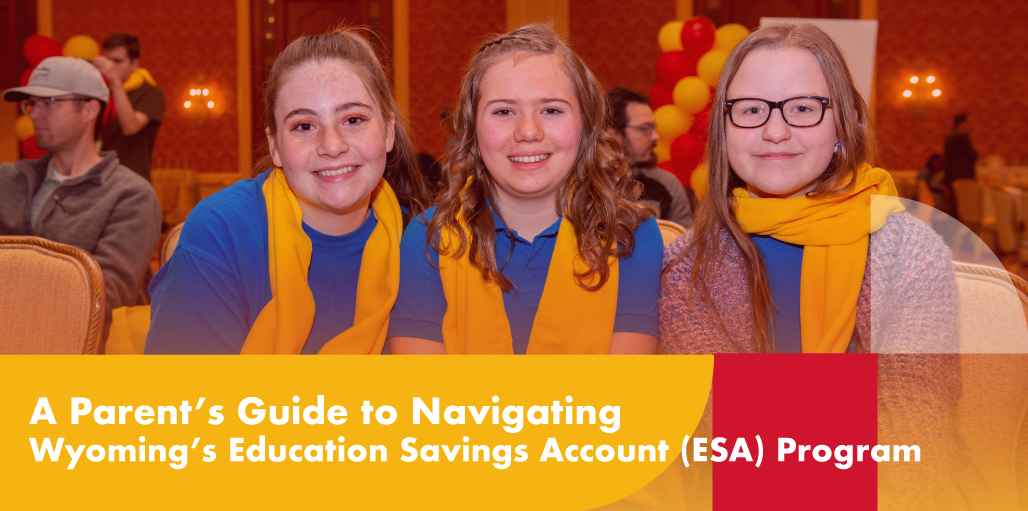Every Child Deserves a Quality Education.
We help families discover the traditional public, public charter, public magnet, private, online, and home education options available for their children.

Choosing a school is fun during National School Choice Week.
Discover more about the different school choice options available in your state.
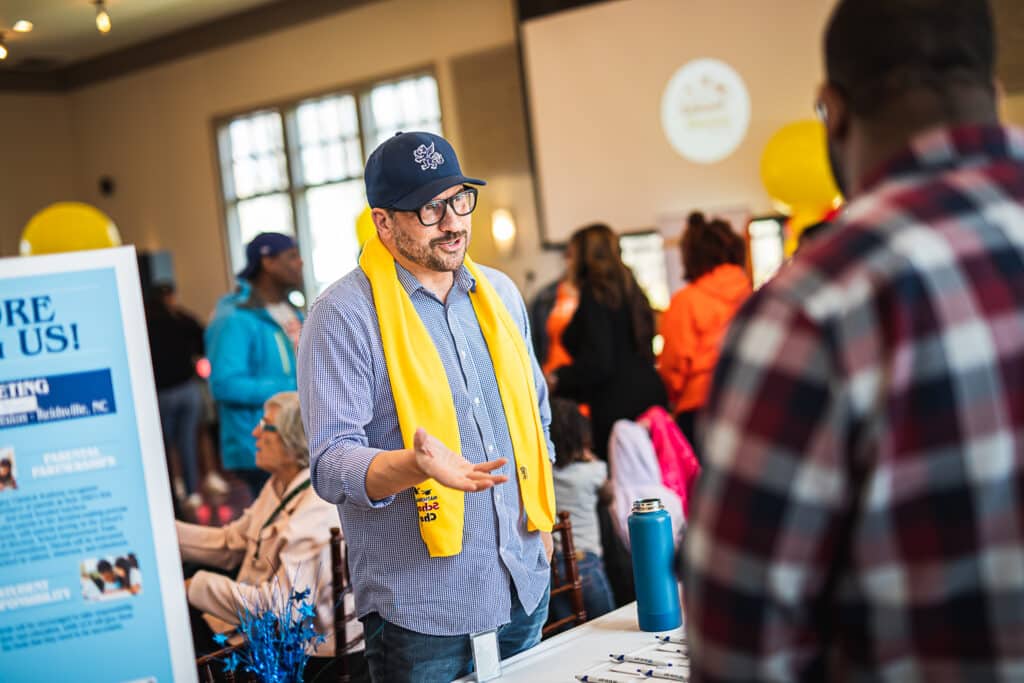
What is School Choice?
School choice means giving parents access to the best K-12 education options for their children. These options include traditional public schools, public charter schools, magnet schools, private schools, online academies, and homeschooling.
Ultimate Guides for Each Type of School
Every Child Deserves a Great Education
So, what’s the difference between all these school types?
Get a quick rundown
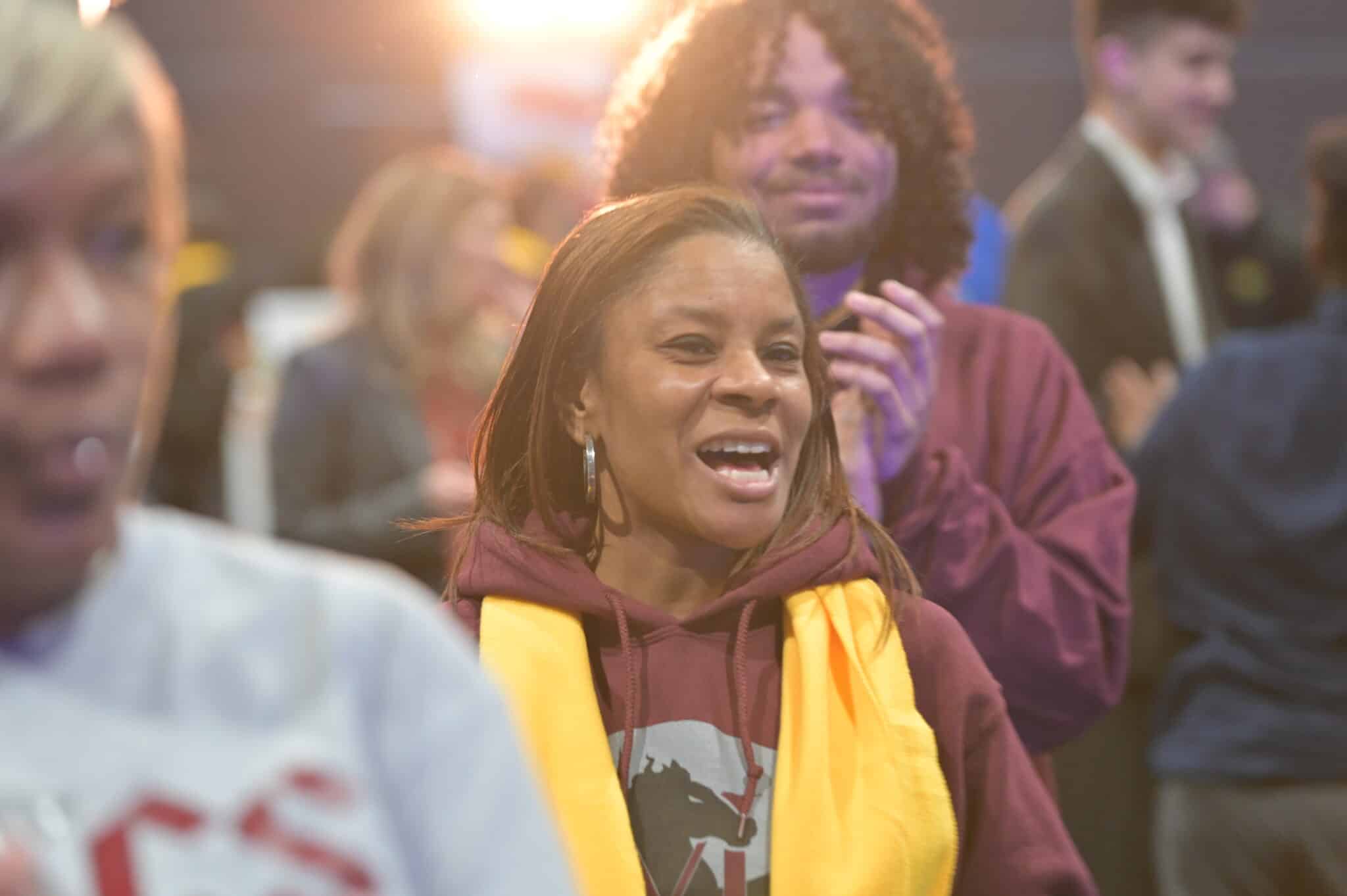

Every child is unique, and all children learn differently.
Use our quiz that can help you better understand your and your child’s needs in choosing the right school.
Use our free “Schools Near Me” tool to find a new school
Use our free “Schools Near Me” tool to search through more than 131,000 public, charter, magnet, and private schools.
Your Support Can Fuel the Promise of School Choice
Your donation of $24 today can help us provide a state school choice guide to 36 additional parents in 2024! With your donation, you will receive an oversized tote bag as a thank-you for your contribution. This bag is made from high-quality,15-ounce organic cotton and crafted with care by skilled textile artists in New Hampshire.
